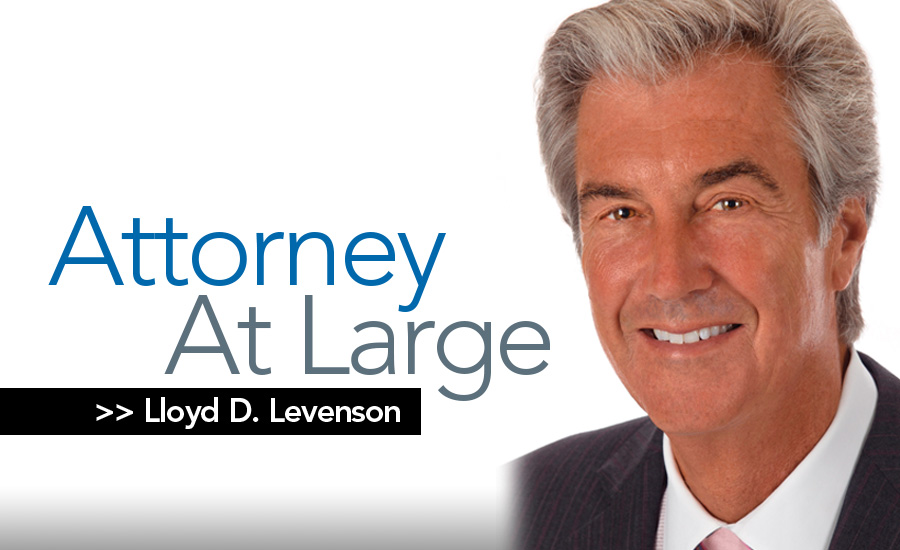“I’d like to see Paris before I die… Philadelphia will do.” That classic W.C. Fields line from My Little Chickadee is often delivered to me when I tell people I am from Philadelphia, Pa.
I am pleased to report that my hometown did wonderfully well hosting the well-attended recent 2014 International Gaming Summit presented by the International Association of Gaming Advisors (IAGA), which overlapped, at the same venue, with the International Association of Gaming Regulators (IAGR) Conference.
What is IAGA? IAGA was formed in the early 1980s by a group of distinguished gaming lawyers and regulators with the aim of learning from each other and promoting regulated gaming throughout the world. As gaming proliferated, so has IAGA, and in recent years it expanded its membership beyond attorneys to key executives, owners, financial advisors, consultants, regulators and academics. IAGA now not only focuses on traditional casinos and their suppliers, but on all forms of gaming including lotteries, iGaming, and social gaming. The global reach of IAGA and its longstanding and close working relationship with regulators has made the IAGA Summit a pre-eminent international forum where leaders from all sectors of the gaming industry meet to exchange ideas, best practices and regulatory processes while building successful relationships.
In Philadelphia, IAGA Summit attendees enjoyed a very substantive conference, presented by leaders and major stakeholders in the industry. Geoff Freeman, president and CEO of the American Gaming Association (AGA), addressed global issues facing gaming as did Lau Peet Meng, president of IAGR and board member of the Singapore Casino Regulatory Authority.
Panels covered a broad range of topical subjects such as regulatory consistency and the convergence of politics, community, and culture.
As space only permits one panel to be highlighted, in view of the international audience and the heightened attention casinos have received from FinCEN (the anti-money laundering/counterterrorism arm of the U.S. Treasury), the appearance of FinCEN Deputy Director Frederick Reynolds and FinCEN Liaison to the Industry Betsy Maesen was highly anticipated and did not disappoint. They were quick to note that casinos are generally doing a good job with their AML compliance. They explained that the source of players’ funding is not a new requirement, and that casinos already routinely gather much information about its customers through player development and casino personnel. True to the “Culture of Compliance,” such information must be shared throughout the organization and the culture of compliance must start at the top. Furthermore, AML programs must vary based on risks. That is, an international casino company’s AML program must address different risks than that of a small regional casino.
The panel’s banking representative confirmed that banks are taking additional steps to ensure their relationships with casinos will not expose them to AML liability. Banks have recently ended relationships with some casinos due to non-robust AML programs, particularly regarding source of funds. The panel’s international casino company compliance officer confirmed he is meeting more regularly with banks to discuss AML policy.
The panel also addressed what happens to the multitude of Suspicious Activity Reports casinos regularly supply the agency. Reynolds presented statistics demonstrating that approximately one-third of all FBI investigations start from a FinCEN filing. He emphasized that reports are filed electronically and reviewed in real time. Finally, Maesen discussed the public/private partnership between FinCEN and the AGA pursuant to which FinCEN and the industry are working together to formulate best practices so that suspicious actors can be isolated.
I look forward to seeing many of you at the next year’s IAGA conference in Vancouver.
